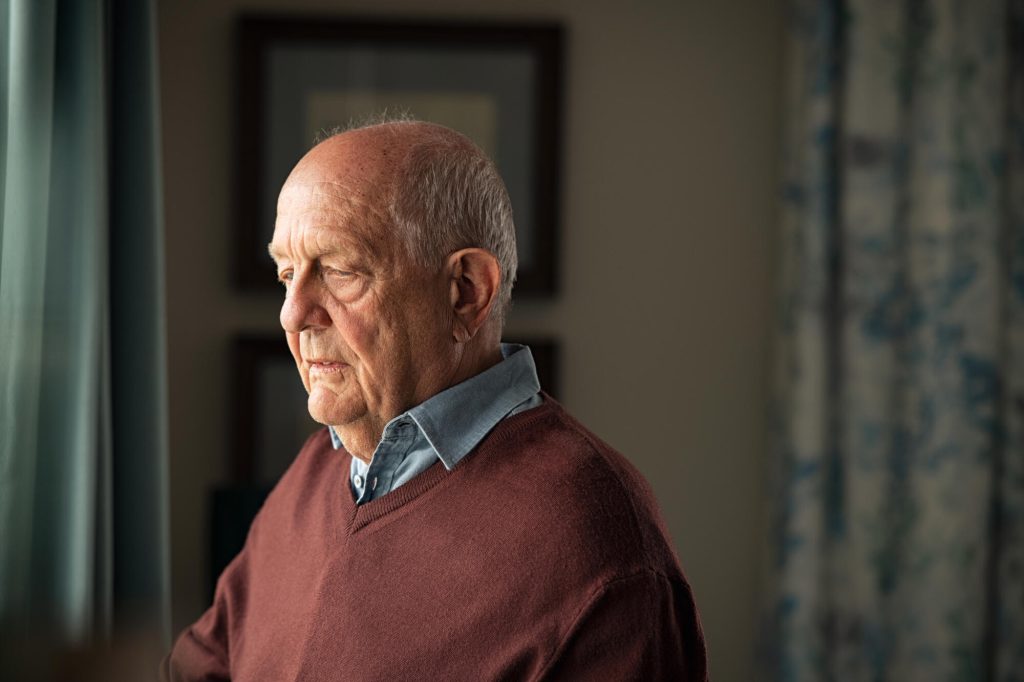Have you ever wondered why so many people believe mental health struggles in older adults are “just part of aging”? These stereotypes keep many from seeking the care and compassion they deserve.
Aging does not erase the human need for joy, connection, and peace of mind. By challenging these outdated ideas, we create space for older generations to live with dignity and purpose.
This article will explore how breaking these stereotypes can transform the way we see mental health in later life.
Understanding Mental Health in Older Adults
Mental health in older adults is often misunderstood. Many assume changes in mood or memory are natural with age, but they can also signal treatable conditions. Recognizing this difference is key to proper care and support.
Older adults may face unique challenges that affect their mental well-being. Retirement, loss of loved ones, or health issues can increase feelings of isolation. These factors highlight the need for greater awareness and compassionate responses.
Breaking the Stereotypes
Stereotypes suggest that aging always leads to decline and sadness. This belief dismisses the strength and resilience many older adults show. Such views also prevent people from seeking or offering needed help.
Challenging these myths means looking at aging in a fuller way. Mental health struggles are not proof of weakness but of humanity. Respect and empathy can replace the outdated ideas that keep stigma alive.
The Role of Stigma
Stigma around mental health runs deep in older generations. Many grew up with the belief that seeking help showed weakness. This mindset often silences those who need care the most.
Fear of judgment makes older adults hide their struggles. As a result, symptoms can go unnoticed until they become severe. Breaking stigma allows open conversations that lead to healing.
Access to Support and Care
Access to mental health care is often harder for older adults. Distance, cost, and mobility issues can all stand in the way. Without help, small problems can grow into serious conditions.
New options make care more reachable. Telehealth, peer programs, and community services create lifelines for older adults.
One can also learn more about mental wellness support for aging adults offered by senior living communities that combine compassionate programs, safe spaces for social connection, and staff trained to care for emotional health.
Building a Future of Understanding
Aging does not erase the need for emotional well-being. Older adults deserve recognition, respect, and the same level of care as younger people. When we honor their needs, we strengthen whole communities.
Challenging stereotypes builds a culture of acceptance. Support can bring hope and healing at every age. The future of mental health must include older adults at its heart.
Healthy Minds Know No Age
Breaking stereotypes about older adults and mental health is more than a social shift; it is an act of care. Every person, no matter their age, deserves to have their struggles acknowledged and their well-being supported. When we move past myths, we begin to see the full humanity of people in every stage of life.
It is not about age but about respect and compassion. When these guide our actions, everyone benefits.
Did you find the information in this article helpful? If so, be sure to check out our blog for more valuable resources.







